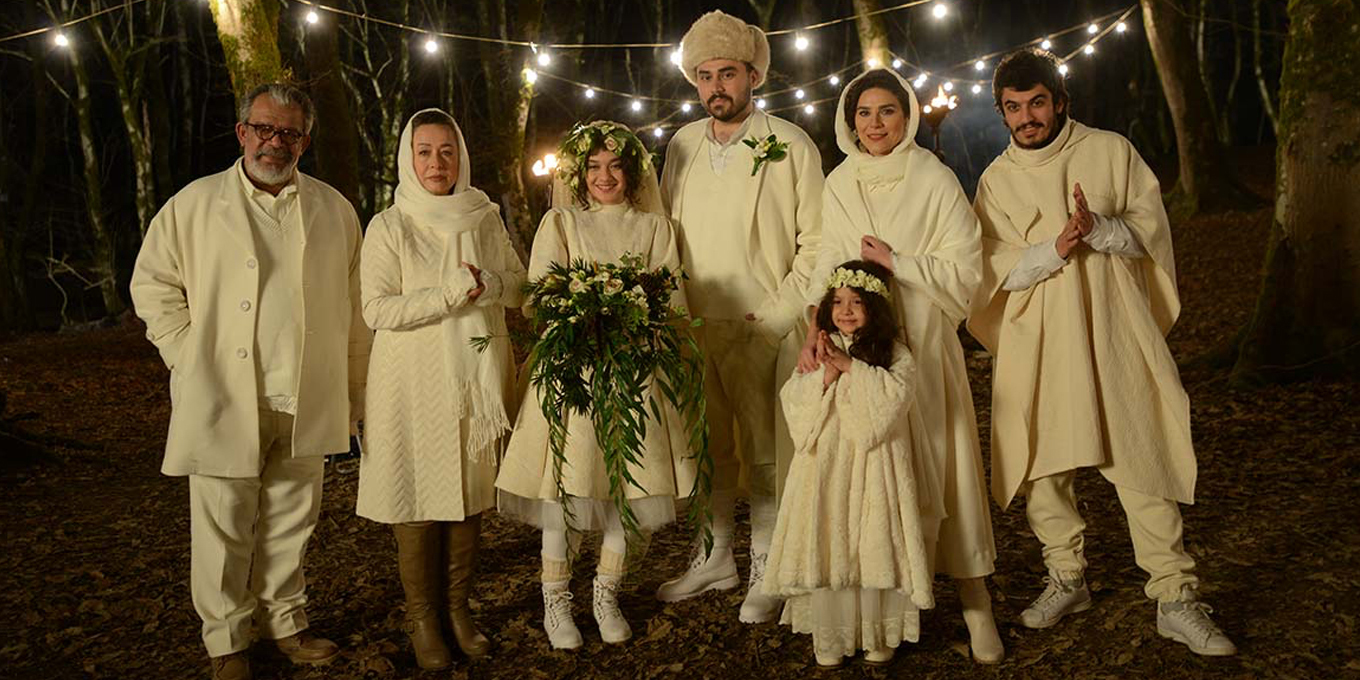Film
‘180 Degree Rule’ is a Relentlessly Grim Experience
‘180° Rule’ provides us with a dark morality play that is unspeakaby dark from beginning to end. Watch at your own peril.
London Film Festival 2020
Make sure you go for a walk, drink some water and talk to a loved one before watching 180° Rule: this is pretty morbid stuff. Starting as a keenly observed indictment of patriarchal structures before descending into a dark, bitter morality play, 180 Degree Rule is an unpredictable, relentlessly grim experience.
Sara (Sahar Dolatshahi) is a teacher in Tehran excited about attending her sister’s wedding in the north. Her husband Hamed (Pejman Jamshidi) has an important government job and has mixed feelings about the ceremony. Their daughter has a fever, one bad enough to warrant a trip to the doctor. Hamed, who is urgently called to work on the day of the wedding, tells Sara that as she’s a bad driver, she shouldn’t make the journey. She suggests a taxi; he says that the driver could be dangerous. No matter what she says, Hamed has a reason. He always a reason. Besides, their daughter is sick, and it has been snowing up north.
But Sara is determined and makes the trip anyway. The whole time the audience wonders how this is going to float with her husband when the truth finally gets out — after all, weddings are huge public events, and a picture of Sara is bound to surface online. The initial genius of the screenplay lies in the way it fosters a sense of dread before going down the worst-case scenario route, before then using that to foster even more dread. Working with a classic three-act structure that pivots upon this tragic event, 180° Degree Rule is one bad decision after another, climaxing in an unspeakably bleak conclusion.

To hammer in the tragedy some further, director Farnoosh Samadi even has the time to engage in some parallelism, working with a separate narrative in which one of Sara’s young students goes missing after she reveals her pregnancy. Sara makes the dangerous mistake of not alerting her parents, believing that this is something that the student should say for herself. These two plot-lines weave together to devastating effect, creating a grim indictment of the patriarchy in Iran that still manages to never exculpate Sara for her behaviour.
A sense of patriarchal oppression dominates almost every scene in the film. As her husband, Hamed believes that what he says matters. Later on, Sara finds herself butting heads with the authorities, who parrot the same lines of obedience to one’s husband. With echoes of Asghar Fahradi in both its moral questioning and narrative ambiguity, 180 Degree Rule is more evidence of Iranian cinema’s ability to provoke debate while maintaining a naturalist tone.
Sahar Dolatshahi is excellent in the lead, excitable and rebellious in early scenes before turning into a shell of her previous self. In the hands of a lesser actress, the plot twists of the film may have gone into the realm of unbelievability, but Dolatshahi maintains our interest throughout. While many overwrought visual elements could have been removed to allow the screenplay to speak for itself, this is an assured debut work that marks Samadi as a director to watch.
180 Degree Rule plays as part of the London Film Festival, running from 7 -18 October. Learn more via their website.































